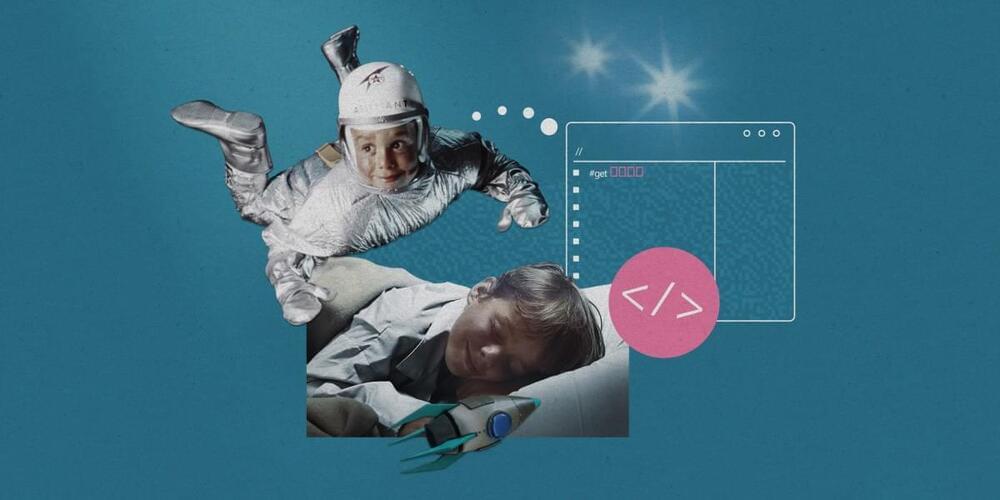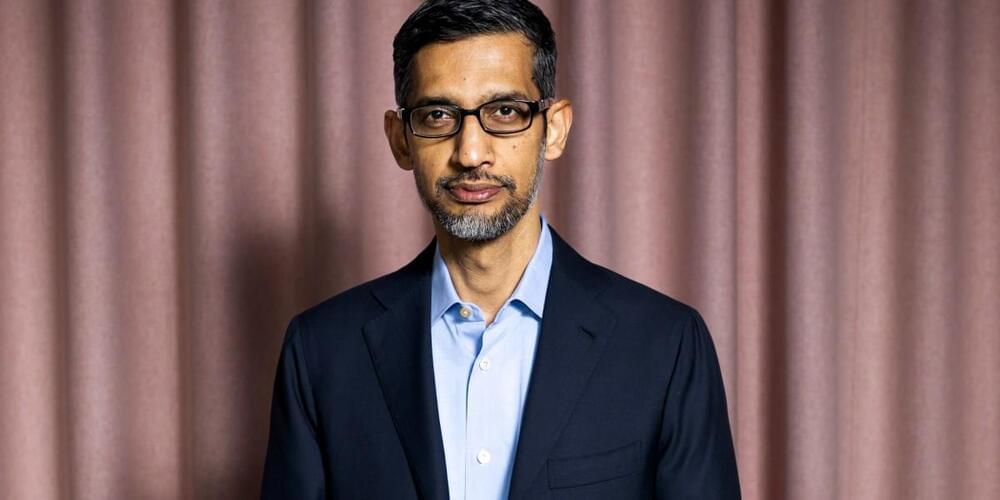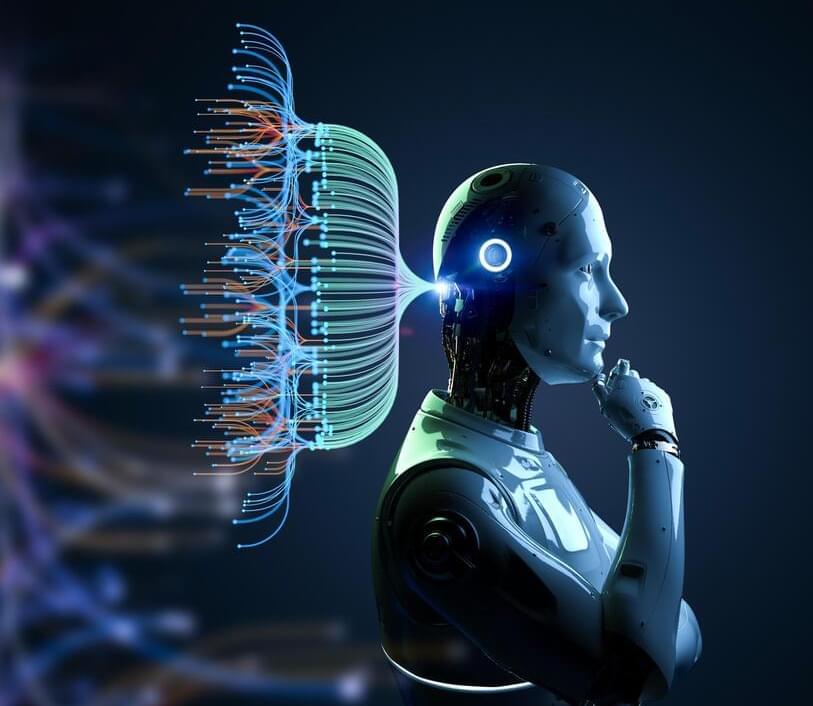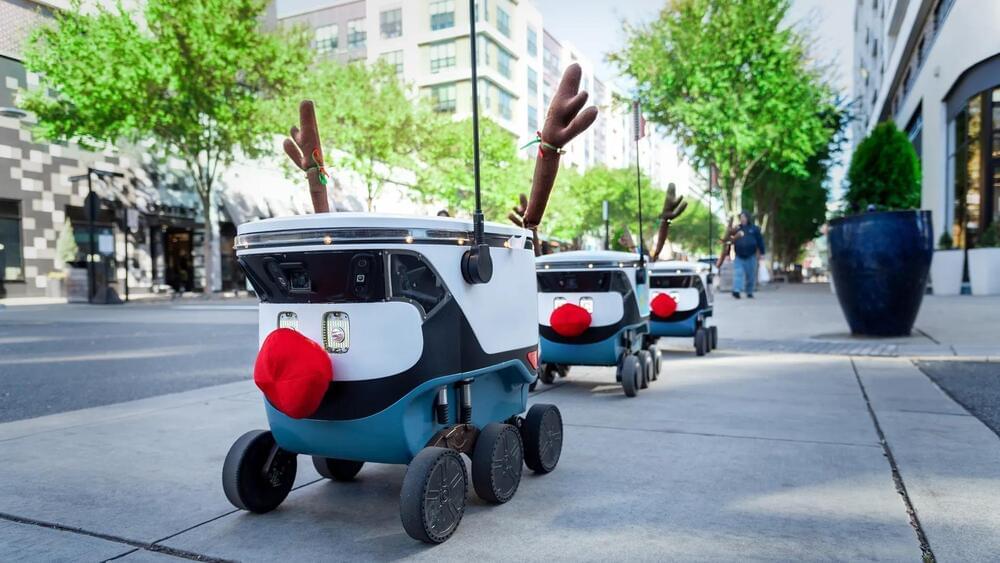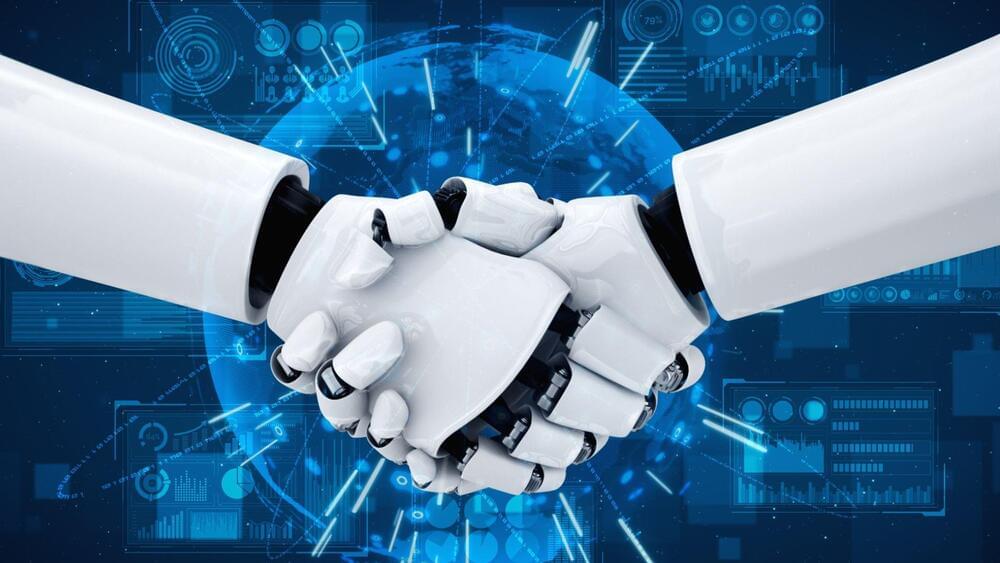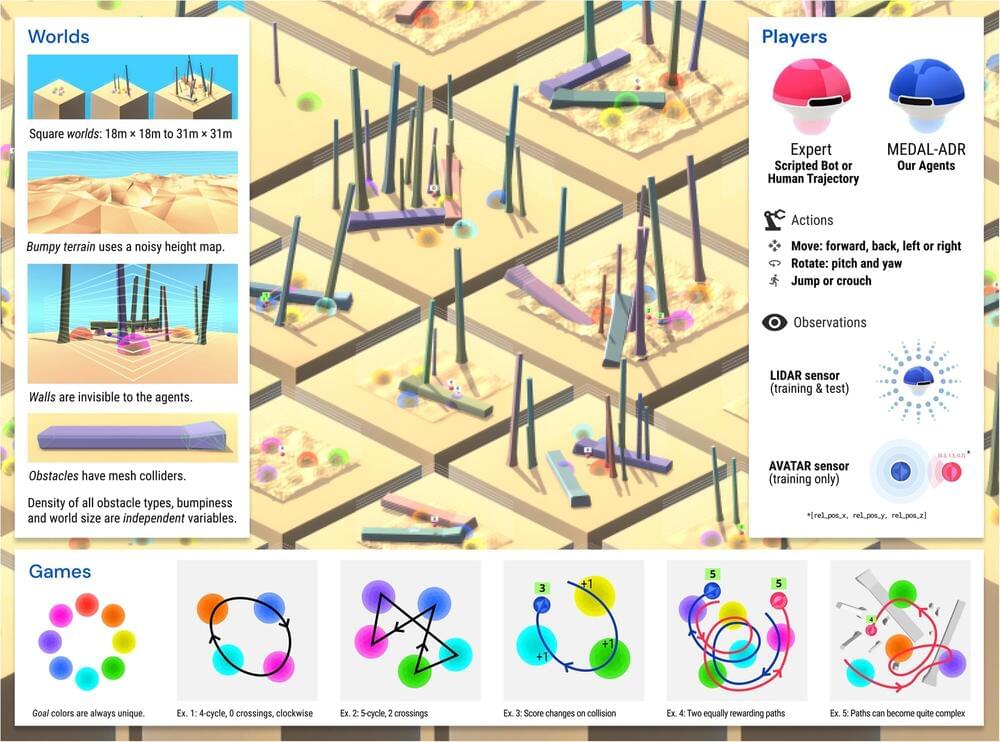The alliance aims to open-source the development of artificial intelligence and take on the bad boys of AI, Microsoft, OpenAI, and Google.
Major names in the technology industry, such as IBM, Meta, and many others who seemed to have been left out of the race to develop artificial intelligence (AI) models, have now teamed up to form the AI Alliance.
The collaborative effort also includes government and research organizations and a few startups that will work together to “support open innovation and open science in AI”, a press release from IBM about the alliance said.
Ever since OpenAI released ChatGPT last year, technology companies have been caught in a frenzy to release to own AI models that can deliver text, visual, and even audio content with the help of machine learning. Although these models are still far from attaining artificial general intelligence (AGI), a handful of names have taken the lead in this arena.


